We present you the English translation of article by Timofei Bordachev, Program Director of Valdai Club, originally published in Russian.
The collapse of the USSR gave all the union republics a unique opportunity to try to build a sovereign state. The way they acquired independence could not even be compared to what the colonies of European powers had to endure.
The Soviet Union was not a colonial empire, and sovereignty and the ability to determine their own destiny fell into the hands of national elites literally for nothing, without prolonged struggle and losses. Having such baggage, it would have been possible to develop relatively smoothly only in really comfortable external conditions. As a matter of fact, this is what they were counting on when they talked about the “end of history” and a unipolar world.
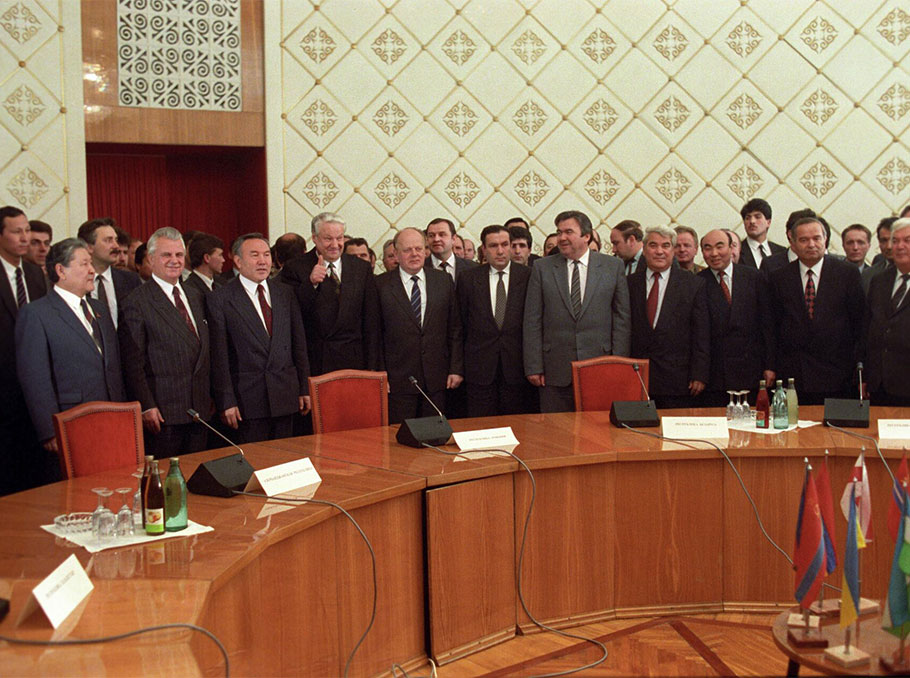
Photo: Sputnik
The international order is now firmly in the stage of the most serious restructuring. This process is fraught with dangers even for major powers such as the United States, Russia or China. Each of them has a lot to lose. And for small and medium-sized countries, the new international circumstances can carry deadly threats.
Especially when the “greenhouse” nature of their origin almost everywhere prevented their elites from developing a responsible attitude to reality. This “greenhouse” nature has created an illusion among the people and the elite that greenhouse conditions can really exist, and the most important task is to get into the circle of selected. Any national tragedy in the former Soviet Union space now or in the future is a product of such confidence.
Russia has never pursued a Western post-colonial policy toward its neighbors. In this sense, it has indeed somewhat withdrawn from its friends. The United States, for example, behaves much more decisively toward its allies - even the French cannot feel completely safe. As to the Germans or Italians, Washington does not particularly mess around with them. The blown-up Nord Stream is a perfect proof of what happens to U.S. allies if they try to ‘slip’ from Atlantic solidarity.
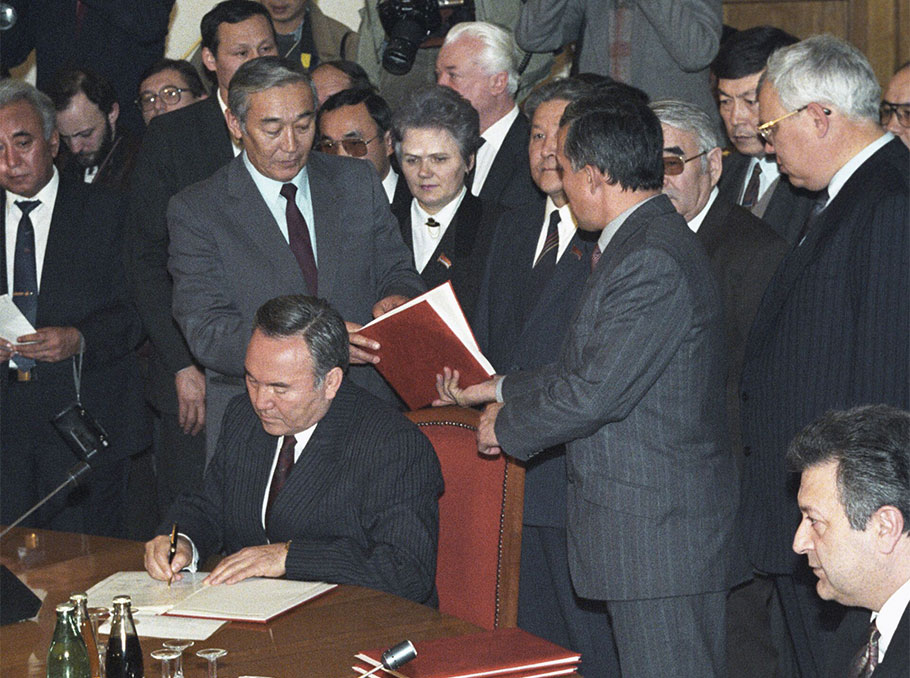
Photo: Sputnik
In more than 30 years Russia has never resorted to a change of political regime in an allied state. Such decisions are absolutely not our style. Moscow’s demands are different – it is not obedience, but behavior in accordance with our ideas of an adult state.
This approach can be painful when it comes to a country so connected to Russia as Armenia is. There is no more “hybrid” combination of our full respect for the sovereignty of the state in the foreign relations sector and intertwining at the level of society and economy in the USSR space. The problems and some mutual irritation now arising in Russian-Armenian relations are caused by this complex nature of relations. It is the best explanation of how emotionally Moscow and Yerevan perceive each other’s behavior. The good relations between our societies in this case are an important connecting factor.
But it is necessary to realize that the uniqueness of Russian-Armenian relations makes only a direct conflict between our countries impossible. Armenians, unlike citizens of Georgia or Azerbaijan, will not go to war against Russia fighting on the side of the Kyiv regime. Simply because in Armenia, unlike many other countries, Russophobia is not a part of the national myth. We will never have the need to resort to forceful decisions against such a friendly nation.
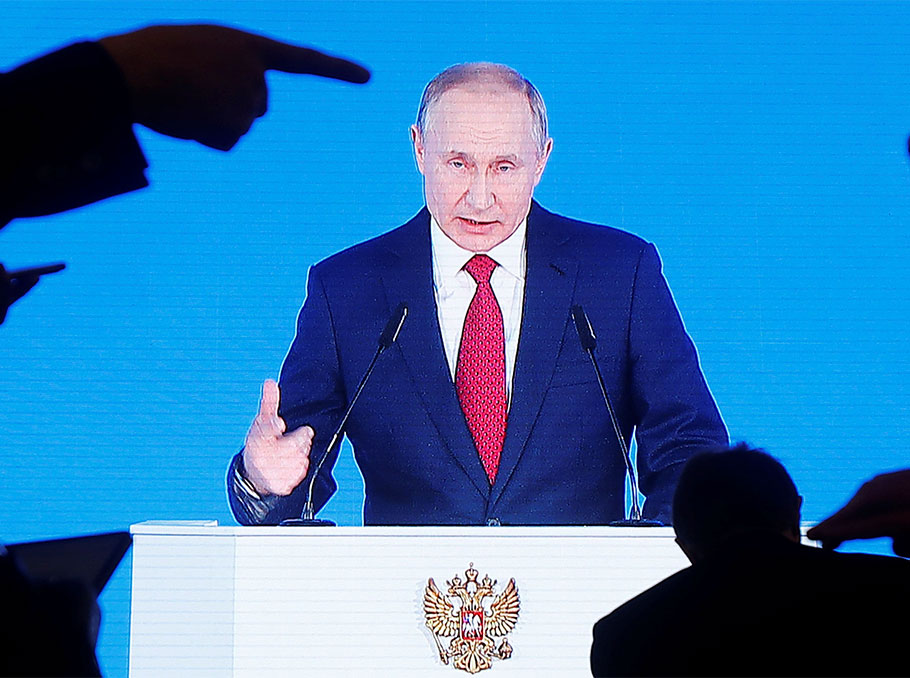
Photo: REUTERS
Moreover, Armenia certainly has a more stable economy and developed society than its opponent Azerbaijan or neighboring Georgia. In the former case, we do not know at all how stable the country, which a picky observer may well define as an oil despotism that produces nothing, will be in the 10-15 years to come. The second is a society that is extremely emotional and vulnerable to disruptive external influences. We see how quickly the Armenian economy has begun to capitalize on the changes of 2022-2023. In a matter of months, business activity grew by more than 12%, with trade, services and construction increasing by 16-23%.
However, the unique relations of our countries do not protect us against mistakes. These mistakes can lead to dramatic consequences for the one less protected from international circumstances. Curtailing the infrastructure of cooperation between Moscow and Yerevan will create certain difficulties for Russia, but they will not be fundamental against the backdrop of the struggles it faces in Europe. Especially since powers of such a scale as Russia live in a different dimension. For them, history is a process in the course of which they see victories or defeats, but the very existence of the state remains a constant.
Armenia, in its turn, may find itself in a fundamentally new foreign policy situation. As a small country in a complex environment, the constant for Armenia is the existence of the nation, not the state. The experience of independent statehood in the modern world is exceptionally small here. It seems that the Armenian government realizes the seriousness of this challenge. However, it does not see comprehensive solutions yet, clinging, as one of our observers put it, to many straws, each of which turns out to be not sufficiently strong.
Another straw is joint exercises with the United States, and gestures friendly to the West in general. There are other funny examples as well, for instance, attempts to find support from France, in case when Paris itself is unable to solve even its own problems in traditionally governed West Africa.

Photo: REUTERS
This behavior makes Moscow wonder: what, in fact, does official Yerevan even want?
In other words, the diplomatic conflict between Russia and official Yerevan is now a product not of hostile intentions, but of mutual misunderstanding of internal algorithms. The Armenian government has made a lot of mistakes and continues to make them. Russia’s claims against Yerevan at this stage are fully justified. The resentment on the part of Armenia that Russia does not behave more decisively towards Baku also does not look unfounded.
Now it is absolutely unclear how this collision can be resolved. The most radical assessments allow for the complete loss of Artsakh territory by Armenia and a reduction in Russian involvement in the security of the republic itself. This is unlikely to bring much security to Armenia; we know how the West keeps its word with regard to those who have entrusted their security to its direct support.
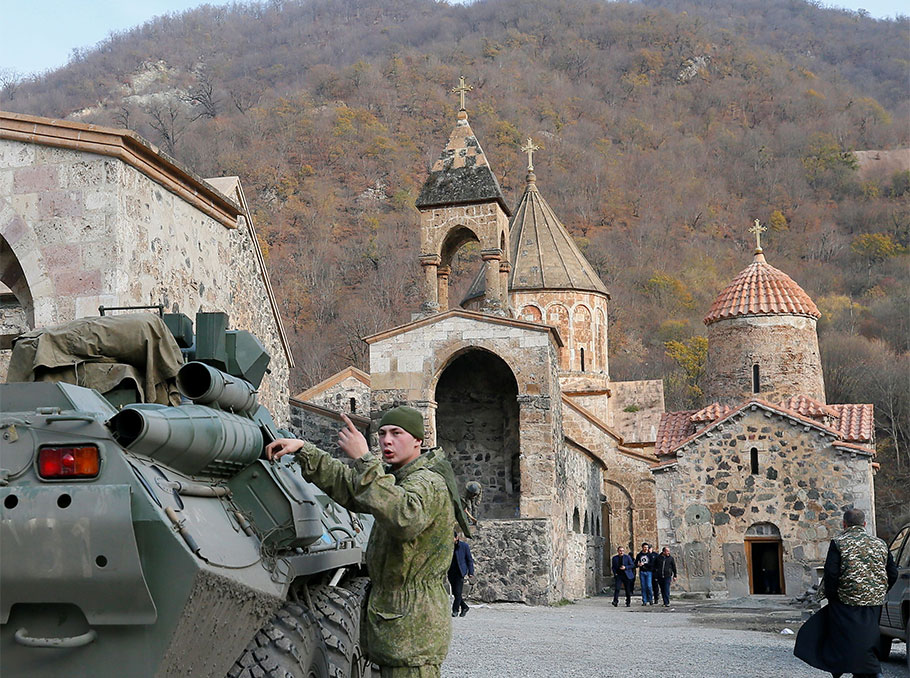
Photo: REUTERS
This situation is a serious reason for us to reflect on the nature of Russia’s policy toward its allies. So far it has followed, in the most general terms, the recipes of tsarist diplomacy - do not create problems to our security, participate in our economy, and we will not interfere in your affairs.
But Armenia’s example shows that such a foreign policy culture also comes with certain costs. It is not yet known whether there are alternatives to it, except for a rigid “American” approach to allies and countries important for their own security. But it is not at all obvious whether such a scheme will work in the future; the Americans themselves sometimes do not do so well. They keep Europe, but they have problems with the rest of the world.
To continue Russia’s traditional policy of respect for sovereignty and non-interference in internal affairs is to admit that at certain points in history our relations with allies can create problems. To admit, first of all, to ourselves and to look for ways to compensate for the possible damage in other ways. This is roughly what Russian diplomacy is doing now in the South Caucasus.
This article was translated and published with the support of Galust Gulbenkian Foundation. The thoughts expressed in the article do not necessarily reflect the views of Galust Gulbenkian Foundation Foundation or Mediamax.









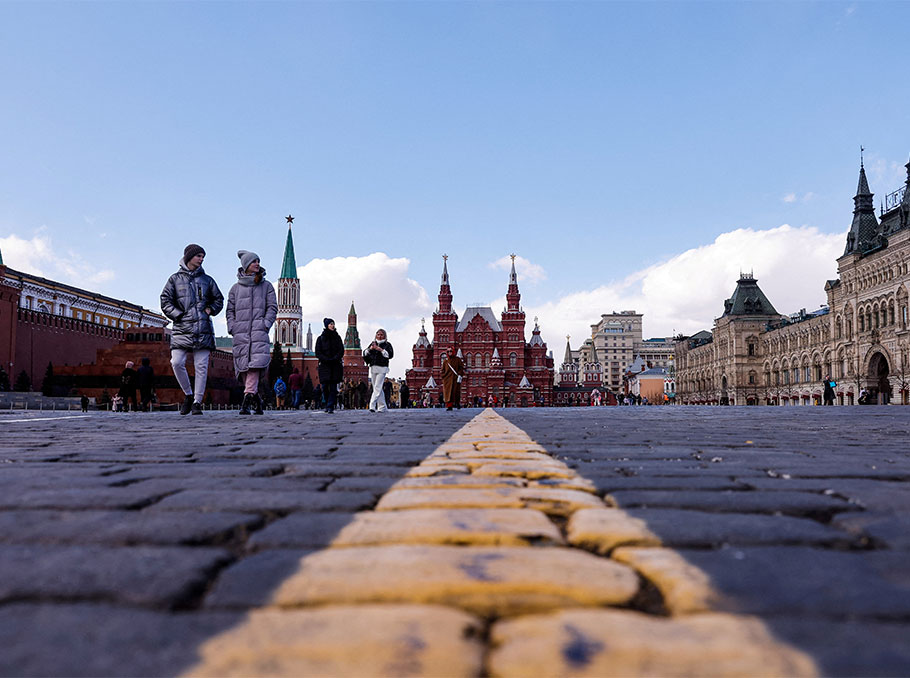






Comments
Dear visitors, You can place your opinion on the material using your Facebook account. Please, be polite and follow our simple rules: you are not allowed to make off - topic comments, place advertisements, use abusive and filthy language. The editorial staff reserves the right to moderate and delete comments in case of breach of the rules.